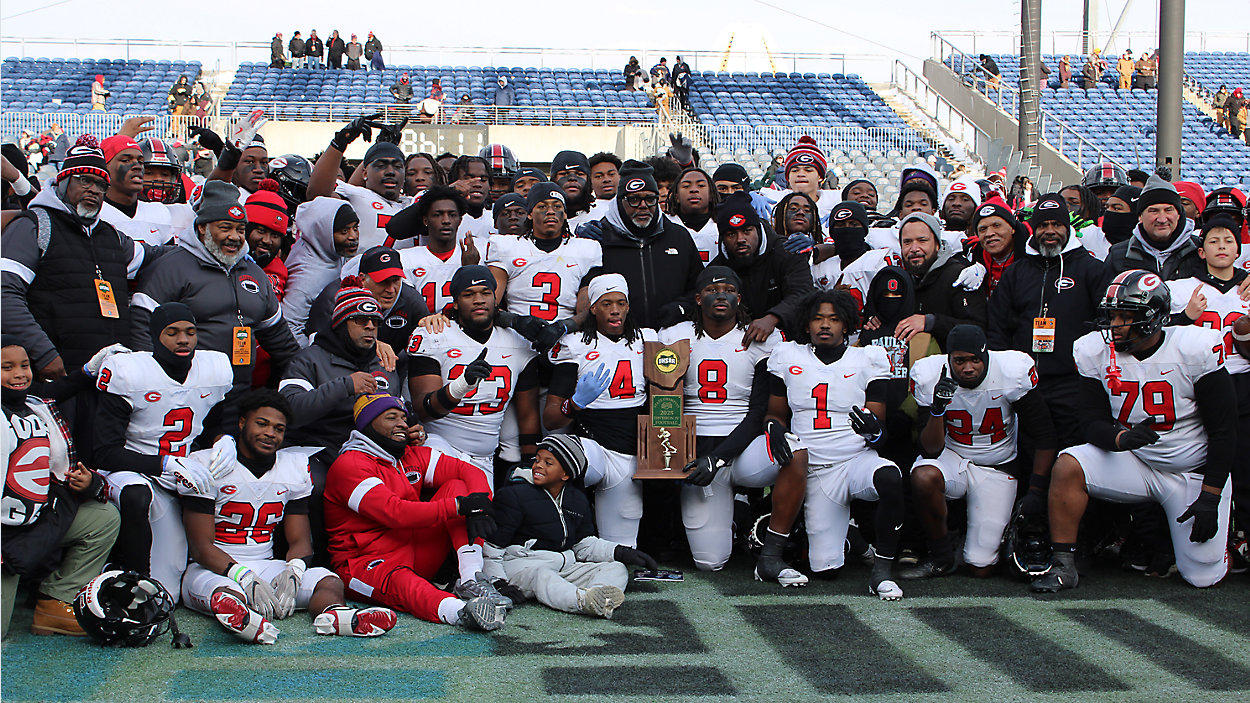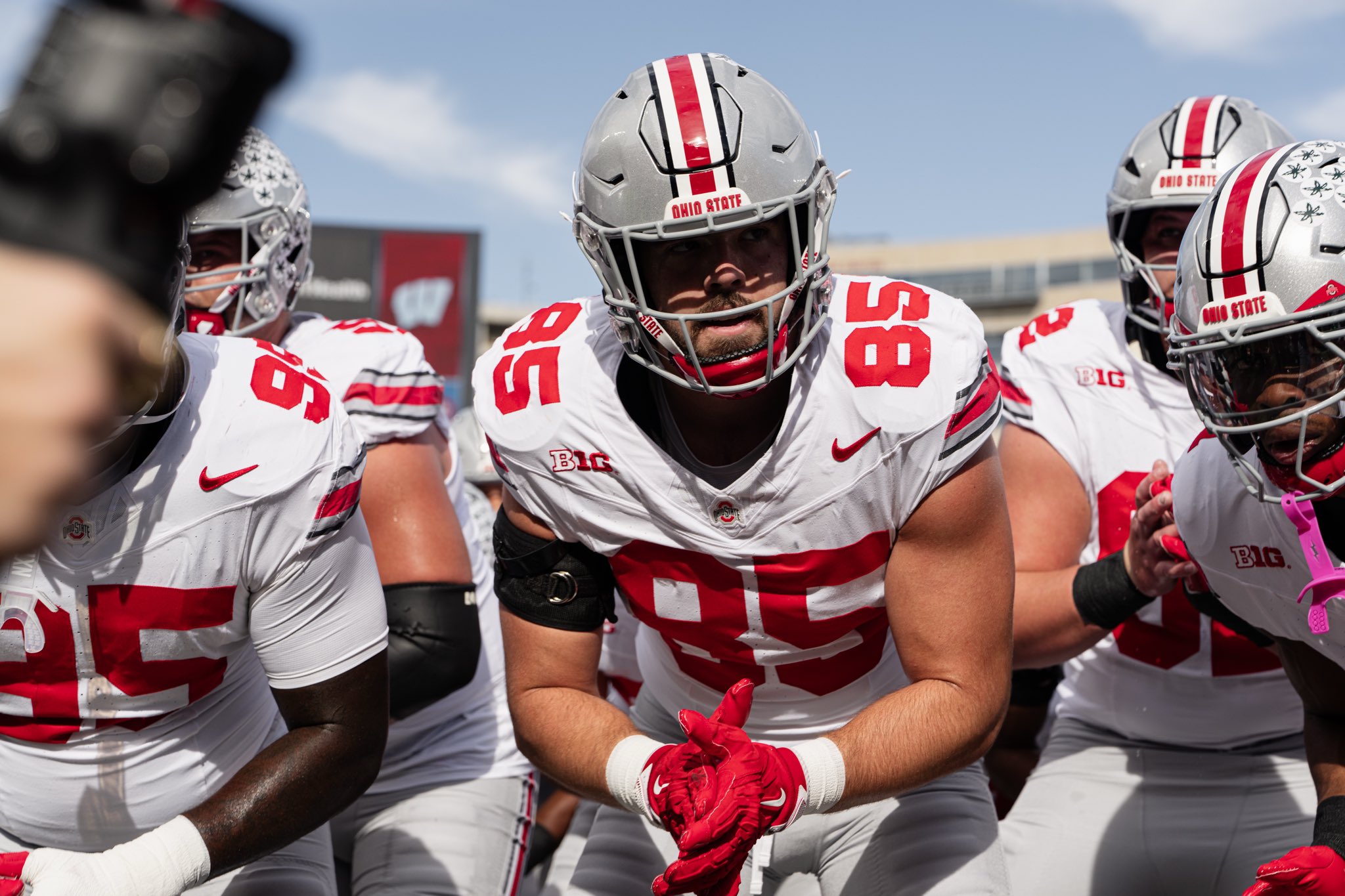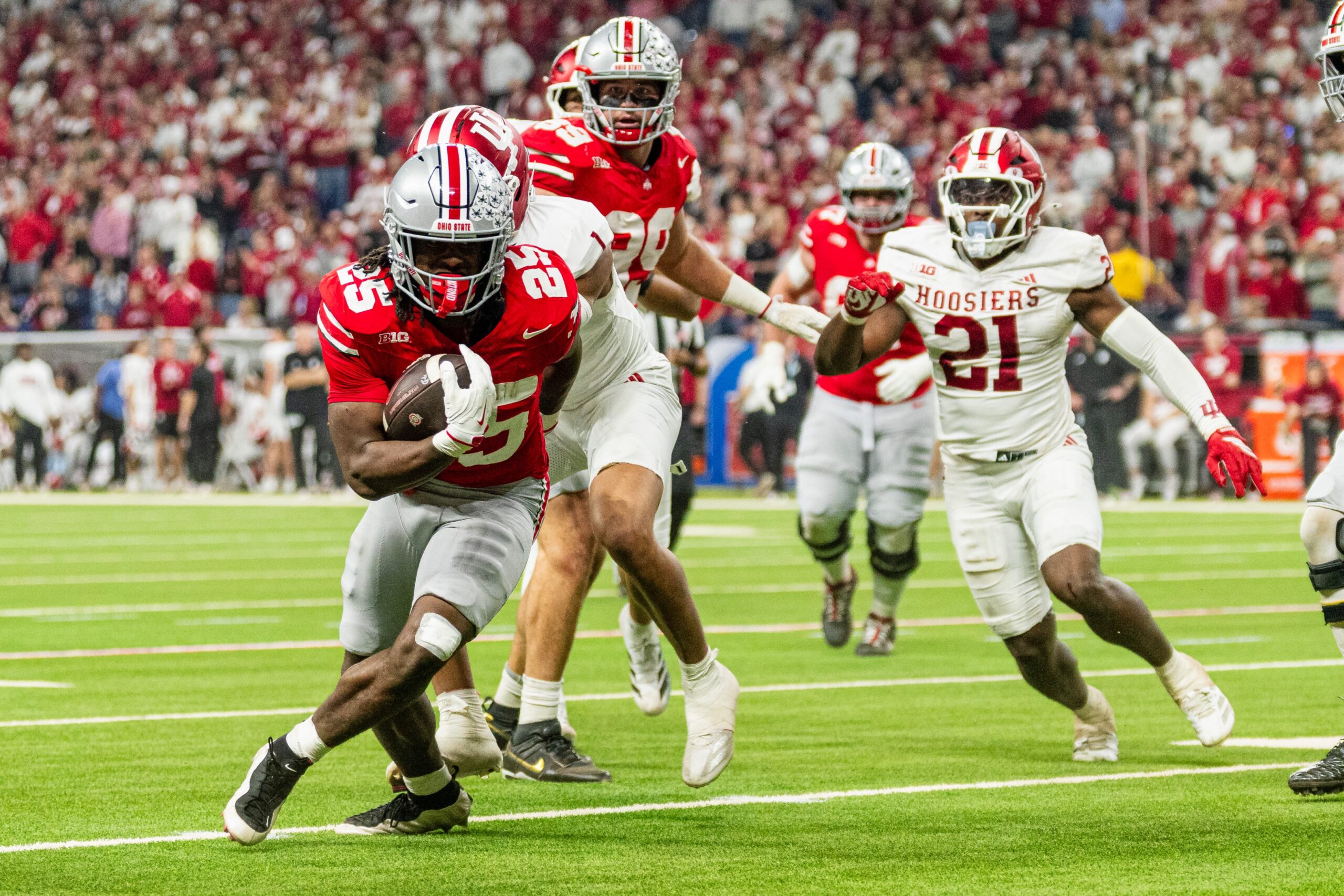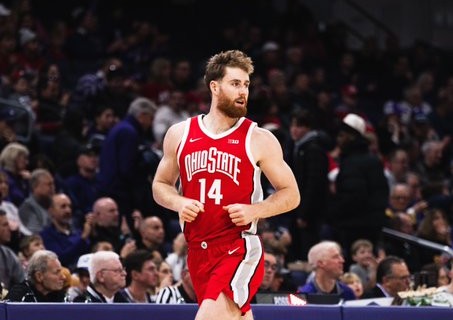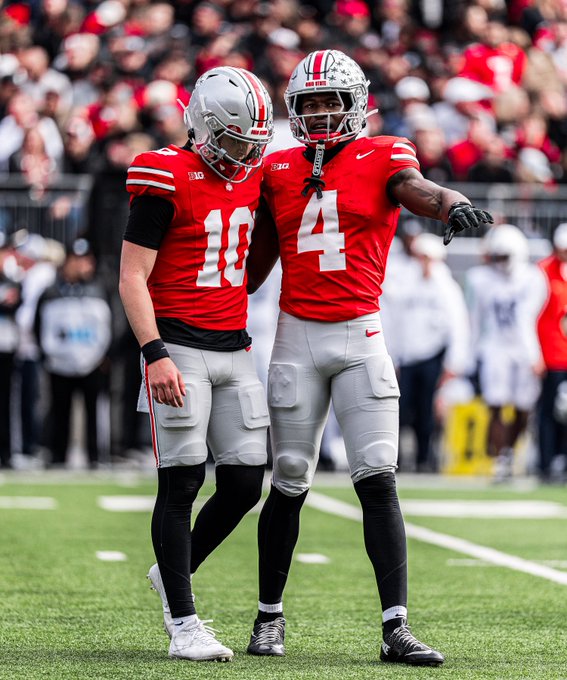
Michigan’s ongoing challenges in football recruiting continue to puzzle observers, shedding light on broader dynamics within the program. The Wolverines had positioned themselves favorably in the pursuit of Marquise Davis, a highly coveted four-star running back from Cleveland, Ohio, who was anticipated to make a commitment to Michigan on Wednesday. Projections towards Michigan as the likely destination where bolstered by recent visits mde to Ann Arbor.
However, the narrative took an unexpected turn. Davis announced his commitment to Kentucky, diverging from all prior indications. The suddenness of this decision, coupled with the absence of prior predictions in Kentucky’s favor, prompted speculation regarding the influence of name, image, and likeness (NIL) considerations.
Of particular interest is the role of Tony Alford, the former Ohio State running backs coach who now serves in the same capacity at Michigan. Alford, while respected for his coaching acumen, has garnered a reputation for occasionally falling short in securing top-tier running back recruits. This trend, evident during his tenure at Ohio State, has now manifested itself in Ann Arbor, raising questions about Michigan’s ability to compete for elite talent under his guidance.
With Davis opting for Kentucky, Michigan now faces the task of redirecting its focus towards alternative running back prospects, including Jordan Davison and Bo Jackson, the later of which seems to be trending toward Ohio State.
Speaking of Ohio State, I was joined by Chris from The OHIO Podcast last evening, where we had to discuss this very topic, which you can watch by using this link.
The recruitment outcome underscores broader challenges faced by Michigan, particularly in the realm of NIL. Despite coming off a National Championship, it appears that their efforts in this domain have not matched those of competitors, potentially impacting their ability to secure top-tier talent. This hasn’t set well with many Maize and Blue fans, such as Michigan Podcast host Steve Deace.
While Michigan boasts a formidable defense and competitive prospects for the upcoming season, concerns loom regarding the sustainability of their success without commensurate improvements in recruiting. The significance of NIL in modern recruitment strategies cannot be overstated, necessitating a strategic reassessment on Michigan’s part to remain competitive in securing elite talent.
As collegiate athletics undergoes transformative shifts, with legislative changes and evolving NCAA policies, Michigan must prioritize enhancements to its NIL framework to align with contemporary standards and maintain its status as a premier destination for student-athletes.


